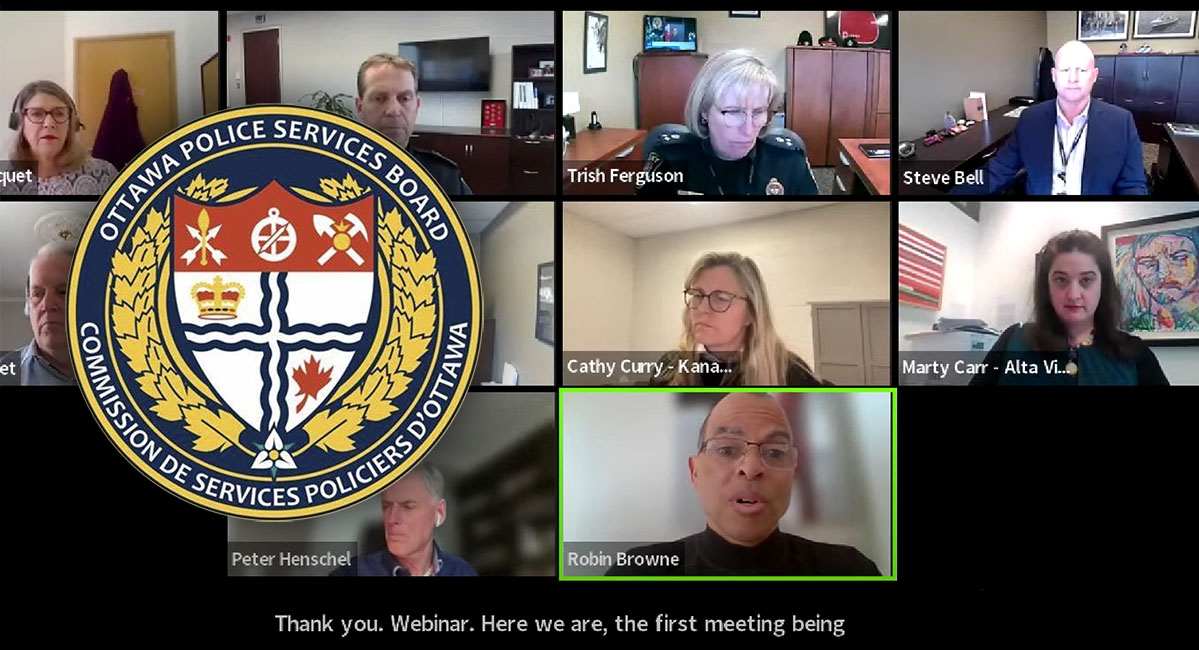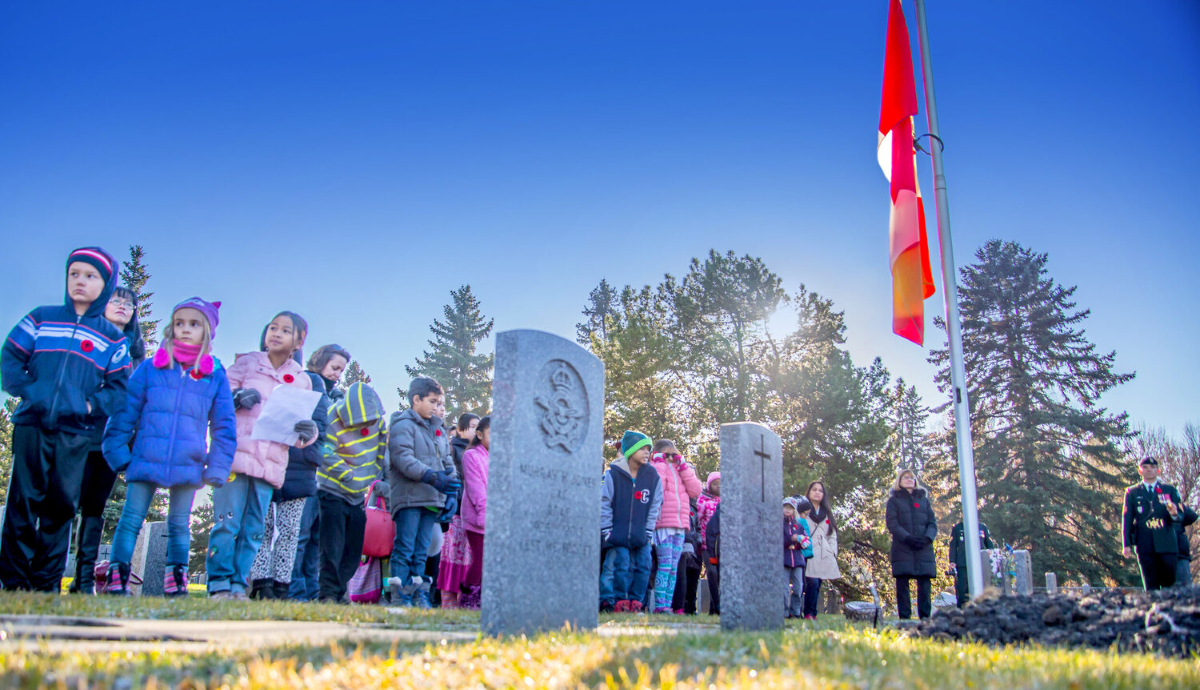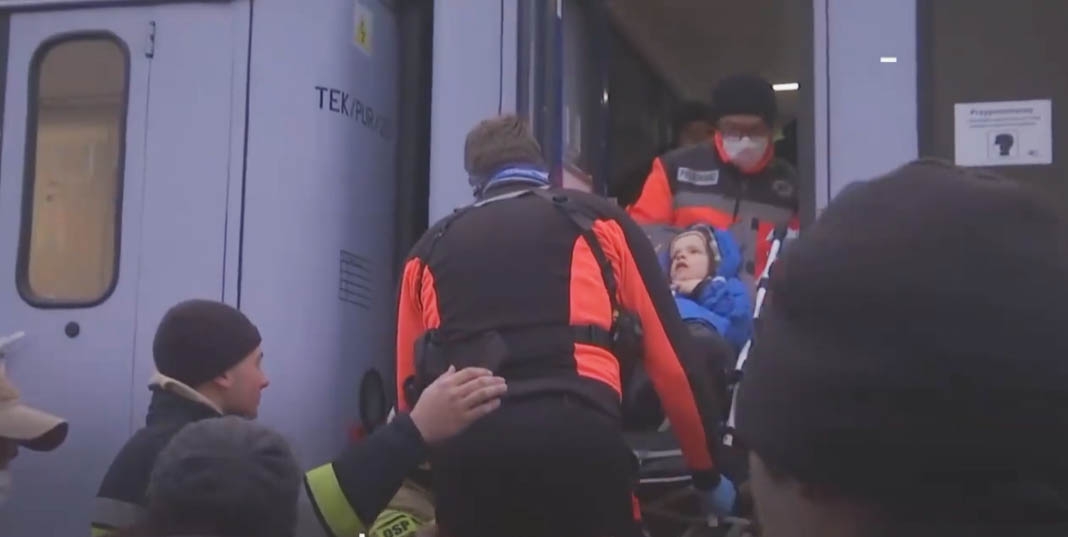
Two delegates speak at first Police Services Board meeting since rule change
Monday evening, the Ottawa Police Services Board (OPSB) met for its regularly scheduled meeting. The process, however, was different than previous OPSB meetings. Generally, a litany of delegates speak at the beginning of each OPSB meeting, but last night the speakers were limited to two individuals.
The amended by-laws regulating delegate participation at OPSB meetings are now in effect. The regulations were universally slammed by activists in the city who described them as a form of censorship, a crackdown on concerned citizens' expression, and a punishment for activists since repeat speakers are forced to the back of the queue.
The new rules prioritize delegates who have not spoken in the previous three months and want to address items on the board’s agenda. Each delegate is allowed three minutes to address the board, with one hour being alloted for delegate presentations. Accepted delegates can only discuss the subject the board has pre-approved them for.
The impact on the procedures last night was noticeable. The delegate addresses, which previously took several hours, were over in ten minutes. The first of the two delegates to speak was Mr. Robin Browne, who held back nothing when letting his frustration be known, calling the new measures draconian and authoritarian. Browne stated that the change in procedure amounts to punishment for activism.
The second delegate, Mr. David Hennessey, addressed the board regarding police cooperation with federal agencies, including CSIS and American law enforcement and intelligence agencies such as the FBI. Hennessey said that he was concerned that these organizations were discriminating against Muslim Canadians.
Unlike the 2018-2022 OPSB board that sat stone-faced during the delegate presentations, this new board responded and engaged with the presenters. Board chair, Suzzane Valiequet, asked Chief Eric Stubbs to speak about community outreach and cooperation with the Muslim community, specifically during the ongoing month of Ramadan. In his response, Stubbs praised the Ottawa Police Service’s (OPS) continued collaboration with Amira Elghawaby, the recently appointed federal Special Representative for Countering Islamophobia. Stubbs said he is grateful for her guidance and advice in fighting Islamaphobia in the police service.
It should be noted that Elghawaby received deep criticism from the Quebec government for her statements against that province. She referred to the Quebec government and the Quebecois as prejudiced and backward for its state secularism law. Although Elghawaby did apologize for her remarks, they were viewed by some in the Quebec national assembly as too little too late.
Chief Stubbs also said that the OPS is a member of the United Way's United for All, a coalition of groups in the province that fight hate and violence and that the OPS was adding another member to the hate crime unit of the service “due to the increase in demand.”
Before wrapping up, the board reviewed the Drive2 Strategy for 2023-2025, an overall plan for the police service which focuses on community service delivery through updated training, creating a better work environment, leadership development, and community service delivery. The large-scale program is being implemented to show a different side of the OPS in the aftermath of the 2022 convoy and any loss of trust from the previous years.
The OPSB meeting concluded after 90 minutes. Despite criticism from local activists who want more input, the OPSB seems to be operating with heightened efficiency since the new Council took office.
The Ottawa Police Services Board is scheduled to meet again on April 24, 2023.








